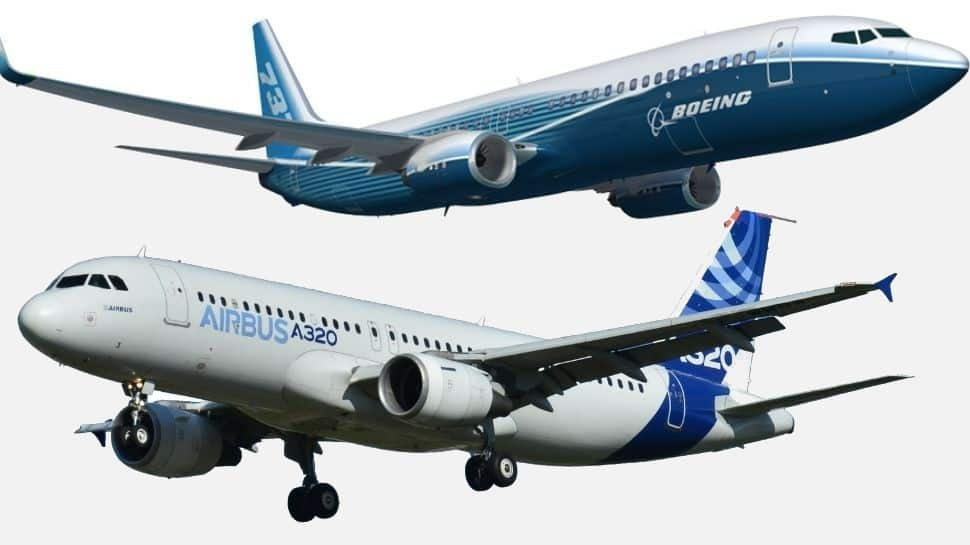
Airbus and Boeing, the titans of global aviation, find themselves enmeshed in a high-stakes strategic battle with the Indian government. India's explosive growth in commercial aviation has made the country a market neither manufacturer can afford to overlook. However, New Delhi isn't merely seeking aircraft sales; India desires a fundamental shift in the aerospace manufacturing landscape.
The Indian government's goal is clear: the establishment of domestic final assembly lines (FAL). This move aims to create jobs, bolster local manufacturing capabilities, and stimulate technological innovation within India's flourishing aerospace sector. India's projection of needing over 2,000 short-to-medium haul aircraft in the coming two decades amplifies the urgency surrounding this goal.
While Airbus and Boeing have steadily increased their sourcing of components from Indian suppliers, it hasn't been enough to satisfy the government's ambitions. This has created an opening for competitors like Sukhoi and Embraer. Sensing the shifting tides, these rivals have hinted at their interest in establishing Indian FALs, potentially sweetening the deal for Indian airlines with government support and favorable incentives.
This emerging competition has put Airbus and Boeing on high alert. Both companies understand the risk of being outmaneuvered in the lucrative Indian market. If they cannot offer the prospect of local FALs, billion-dollar contracts with Indian carriers could evaporate. Sukhoi or Embraer, potentially backed by Indian government tax breaks and other benefits, could significantly undercut the prices Airbus and Boeing have historically offered.
Further complicating the situation, India's own National Aerospace Laboratories (NAL) has proposed the RTA-90, a regional jet specifically designed for short-to-medium haul operations. If this ambitious project comes to fruition, the Indian government could lean heavily on domestic airlines to choose the home-grown RTA-90 over options from Airbus and Boeing.
This complex situation forces Airbus and Boeing to tread a strategic tightrope. They must carefully balance the demands of a rapidly changing Indian market while maintaining the integrity of their well-established global production strategies.
Setting up FALs in India would undoubtedly bring long-term advantages. They would gain a stronger foothold in the market and cultivate deeper ties with India's expanding aerospace industry.
Yet, the significant initial investments required, along with the potential disruptions to existing production lines, necessitate careful consideration.
The next few months will prove pivotal for the future of India's aviation market. The decisions made by Airbus and Boeing will decisively impact their market share for years to come. Will the lure of India's potential outweigh the risks, or will Airbus and Boeing hold firm, potentially facing the consequences? Only time will tell.
